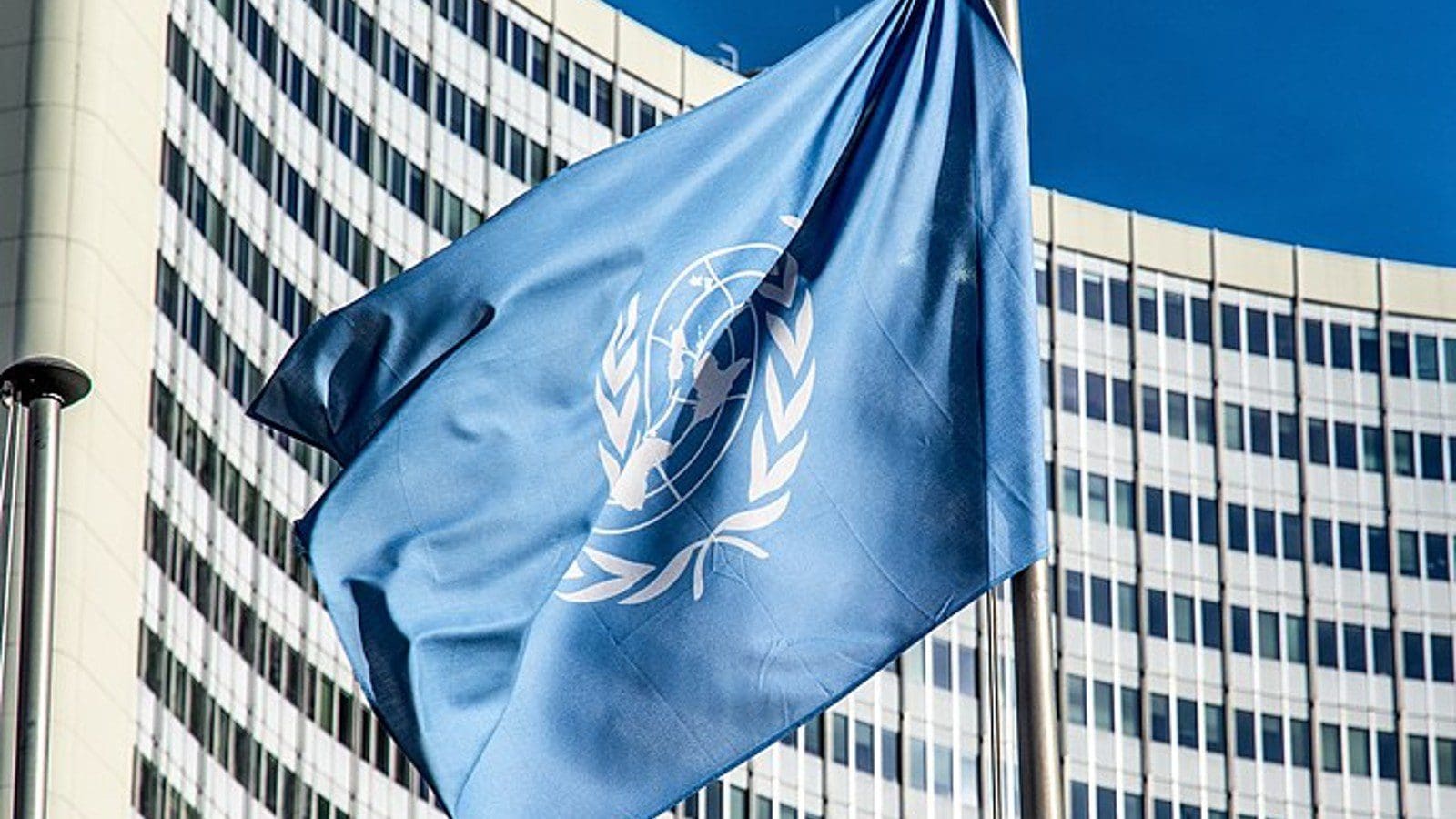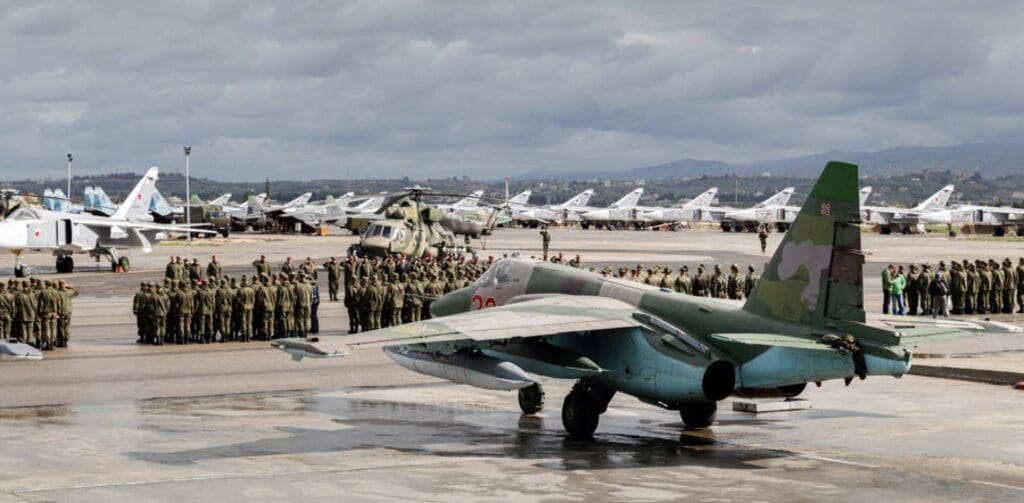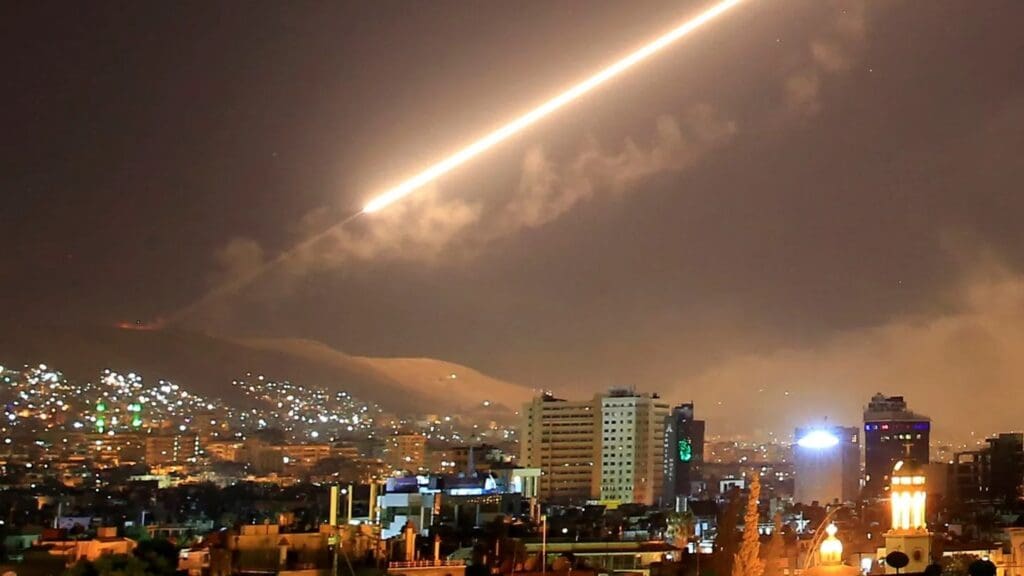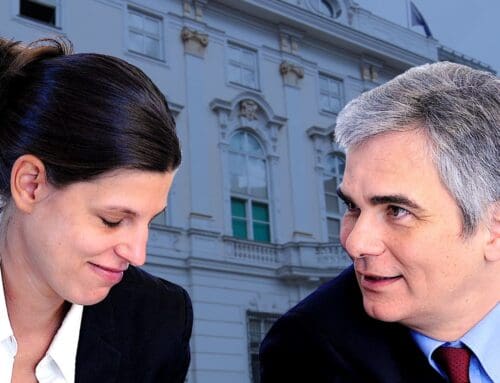

UN spokesman denies presence of US forces in Syria
Farhan Haq, the deputy spokesman for UN Secretary-General António Guterres, stated that there are no US armed forces inside Syria in response to a question from a journalist during a recent press conference, RT Arabic reported on 29 March.
Farhan Haq stumbled in his response to a journalist who asked whether there was a parallel between the presence of Russian forces in Ukraine and US forces in Syria. The Russian invasion of Ukraine last year has been widely criticized by Western and UN officials.
WATCH: UN spokesman denies presence of US troops in Syria.
Did the UN just dump International Law? pic.twitter.com/MEhUqV88F8
— The Cradle (@TheCradleMedia) March 29, 2023
Haq stated that “There are no US armed forces in Syria, so it’s not a parallel situation. When pressed further and asked if he was sure, he stated that “I believe there is a military activity, but in terms of ground presence in Syria, I’m not aware of that.”
However, the journalist noted that five US service members were injured just last week after the Syrian army attacked their base in northeast Syria.
The deputy UN spokesman later issued a clarifying statement to The Cradle, claiming that “I did not say there were no troops, I said there were no ground troops (because a journalist was comparing the US presence in Syria to the Russian presence in Ukraine) – I regret the choice of wording, I was not trying to imply there were no US forces whatsoever.”
Regarding the legality of the presence of US forces in Syria, ground troops or otherwise, Haq declined to provide an opinion.
Many analysts view the US occupation of Syria as illegal because the Syrian government did not invite US forces into its territory. In this regard, the UN Charter states that “All Members shall refrain in their international relations from the threat or use of force against the territorial integrity or political independence of any state, or in any other manner inconsistent with the Purposes of the United Nations.”
US forces began their occupation of northeast Syria in 2016 during the campaign to defeat ISIS, which had established its so-called Caliphate in eastern Syria and Western Iraq in 2014.
US planners originally supported the Al-Qaeda groups that would become ISIS and its sister organization, the Nusra Front, as part of its regime change war against Damascus that started in 2011, which was later known as the CIA’s Operation Timber Sycamore.
In late 2015, when Russia intervened militarily to prevent Damascus from falling to these various Al-Qaeda groups and their allies in the Free Syrian Army, US planners changed strategy and began partnering with the Kurdish People’s Protection Units (YPG) to defeat ISIS. The US intelligence wished to capture as much of the territory then under ISIS control as possible in a race with the Syrian and Russian militaries to eliminate the organization.
The US and YPG capture of large swathes of Syria, including the country’s crucial oil and grain-producing regions, allowed US planners to maintain leverage in the conflict against the Syrian government, which they could use to exacerbate the effects of US economic sanctions on Syria and prevent the country’s reconstruction once major hostilities ended.
US and YPG-led forces (rebranded by US officials as the Syrian Democratic Forces, or SDF) continue to loot Syrian oil and wheat, with large convoys regularly moving goods across the border to Iraq.
As journalist Aaron Mate noted, this led the head of the Middle East desk for President Biden’s Pentagon, Dana Stroul, to comment that the US military “owned” one-third of Syrian territory, including its “economic powerhouse,” outlining a strategy to prevent reconstruction of the country, which she referred to as “rubble.”
Though US officials claim they must occupy Syria’s northeast to fight ISIS, Syria analyst Jennifer Cafarella of the Institute for the Study of War noted another reason for the continued US military occupation in northeastern Syria. She observed in 2017 that “Whether Washington chooses to admit it or not, the US now has direct influence over the vast majority of Syria’s most productive oil fields,” and that the territorial gains of the SDF “are Syrian national treasures that when added up amount to brute geopolitical power for the US.”









